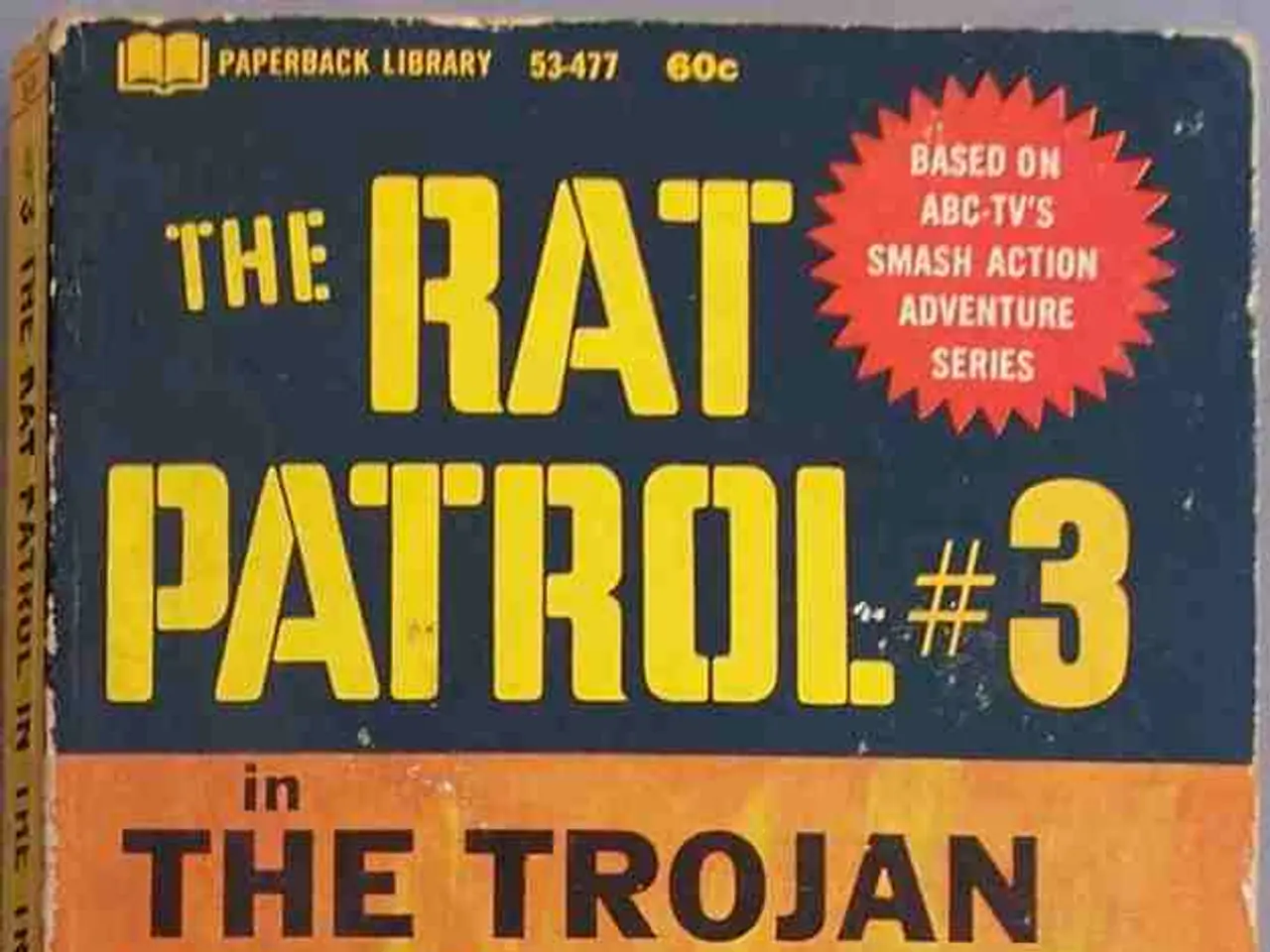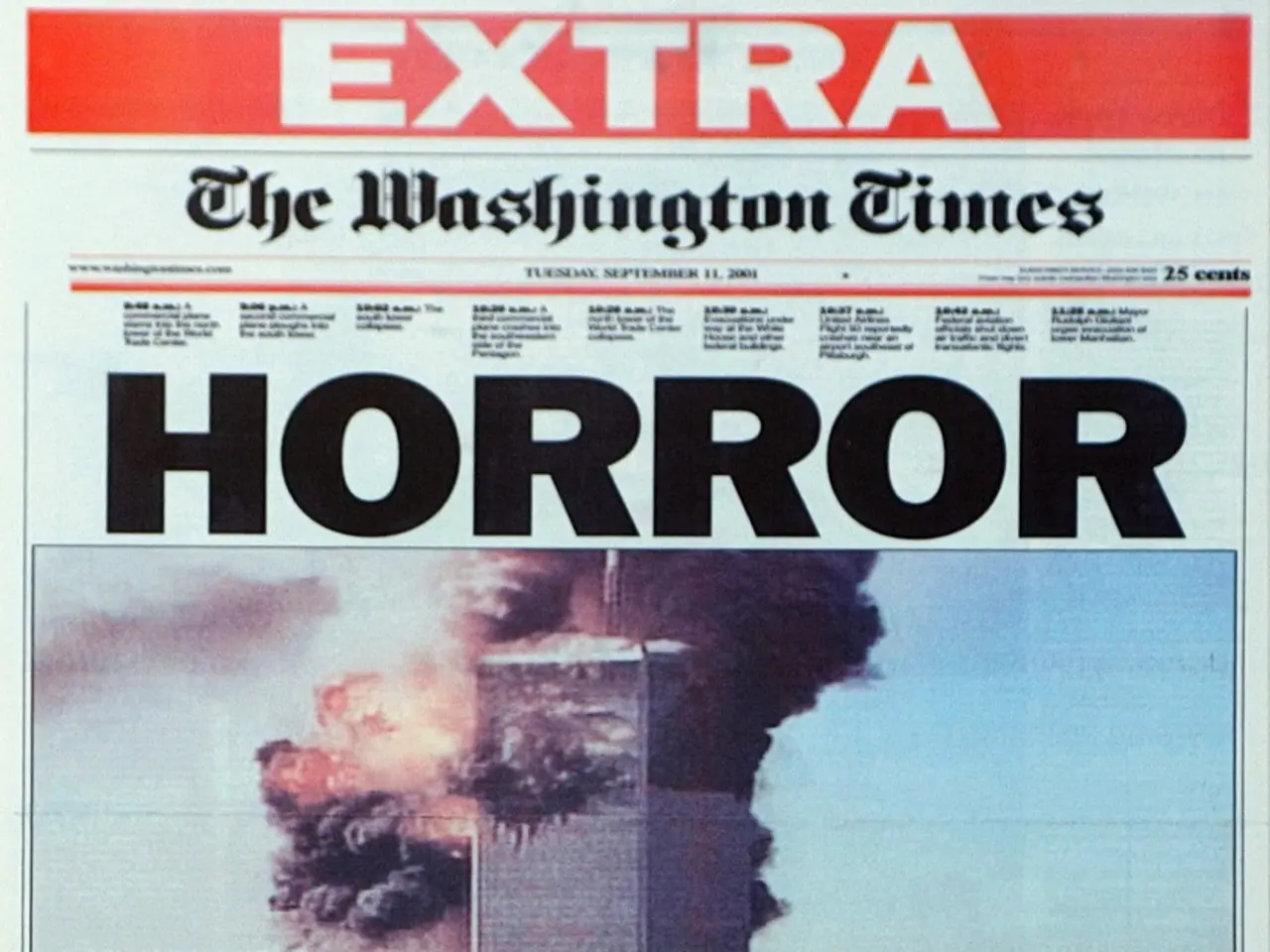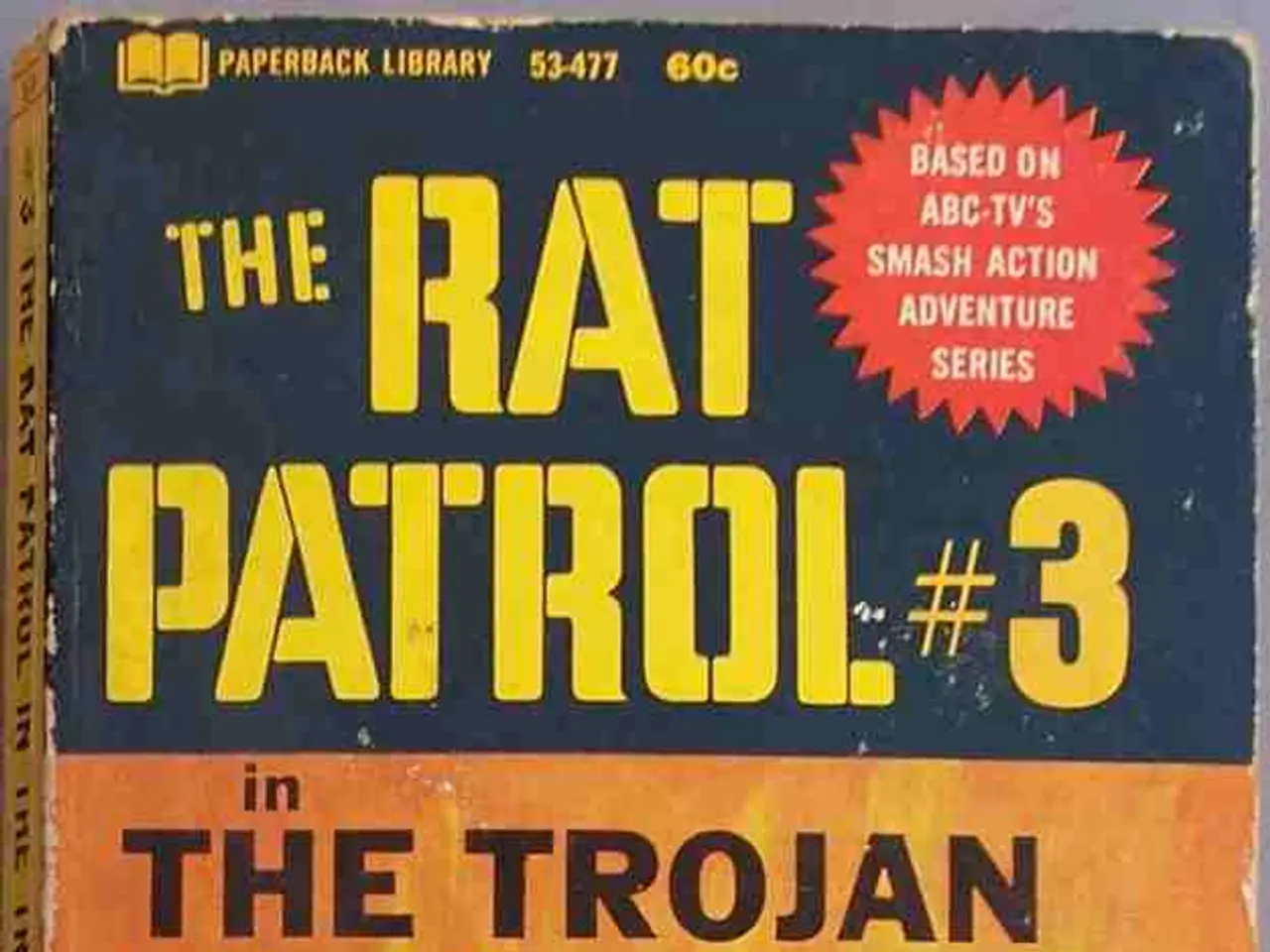Unrest intensifies as United States intervenes militarily in Israel's conflict with Iran, targeting nuclear facilities
In a series of recent attacks, the United States and Israel have targeted key Iranian nuclear sites, causing significant damage to Iran's nuclear program. The attacks have effectively destroyed Iran's centrifuge enrichment program, delaying its progress by potentially up to two years, according to Pentagon assessments.
The strikes, which involved the use of 30,000-pound bunker-buster bombs, have caused "sustained, extremely severe damage and destruction" at the targeted sites, as reported by the Pentagon. The Fordow facility, a key uranium metal conversion site, has reportedly suffered extensive damage, though some analysts suggest Iran may still be able to produce enough uranium metal for a nuclear weapon in a matter of weeks or even days without the damaged facilities.
The International Atomic Energy Agency (IAEA) has formally found Iran non-compliant with nuclear safeguards obligations for the first time since 2005, and Iran has responded by accelerating its nuclear program and suspending cooperation with the IAEA. This suspension effectively blocks international verification, potentially allowing Iran to rebuild its nuclear infrastructure in secret.
Iran possesses enough nuclear material to produce up to nine nuclear weapons if highly enriched to 90%, but its "breakout" time—how quickly it could reach weapons-grade material—is estimated to be almost zero in theory. However, actual weaponization would take several months or years.
Following the attacks and increased tensions, diplomatic talks between Iran and the U.S., previously brokered by Oman, have been disrupted, with a sixth round of talks canceled due to the attacks. Experts warn the strikes could represent a "fork-in-the-road" moment, pushing Iran toward a more secretive and potentially more dangerous path to nuclear weapons if it chooses.
The U.S. government and allies are debating whether military options might be taken again if Iran restores its capabilities, although diplomats prefer a negotiated solution. There are reports that Israel is working on mechanisms to prevent Iran from rebuilding its nuclear program post-conflict, indicating ongoing regional vigilance.
The situation remains volatile, with Iran's U.N. ambassador, Amir Saeid Iravani, accusing the U.S. of "deciding to destroy diplomacy." Iran, battered by Israel's largest-ever assault, has limited options for retaliation, including attacking U.S. forces stationed in the Middle East with missiles and rockets, closing a key bottleneck for global oil supplies, or hurrying to develop a nuclear weapon with what remains of its program.
Questions remain as to where Iran may be storing its already enriched stocks, as these will have almost certainly been moved to hardened and undisclosed locations. The IAEA's Board of Governors plans to hold an emergency meeting on Monday, and global leaders have responded with shock and calls for restraint. Egypt warned of "grave repercussions" for the region, while Bahrain called on Iran and the U.S. to "quickly resume talks."
- The ongoing war-and-conflicts between the United States, Israel, and Iran, particularly over the Iranian nuclear program, is a topic of intense general-news coverage, with significant political implications for the entire region.
- As tensions escalate in the Middle East due to Iran's nuclear program and the recent attacks, sports and crime-and-justice news might seem trivial, but they can still provide valuable insights into the underlying issues and nations' priorities. For instance, the cancellation of diplomatic talks and the regional vigilance displayed by Israel to prevent Iran from rebuilding its nuclear program suggest a high level of focus and prioritization on this issue, potentially pushing aside other concerns.





